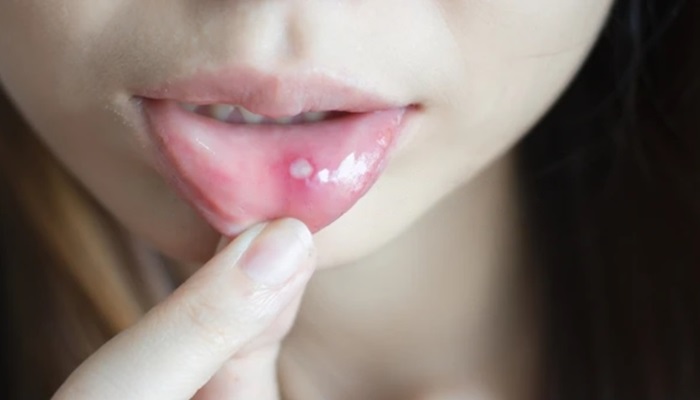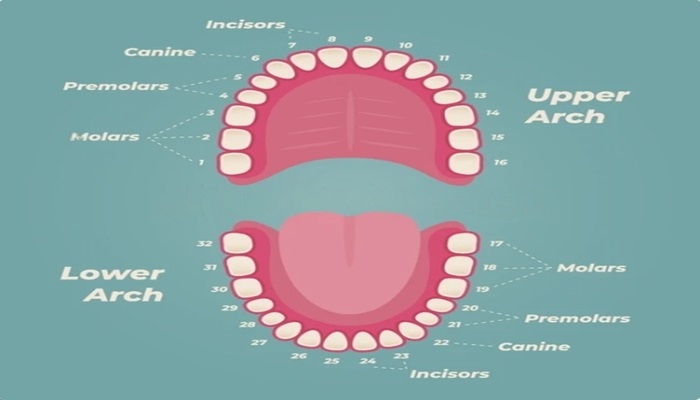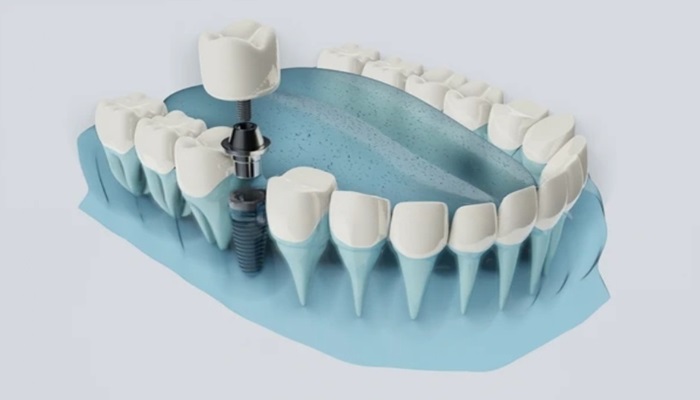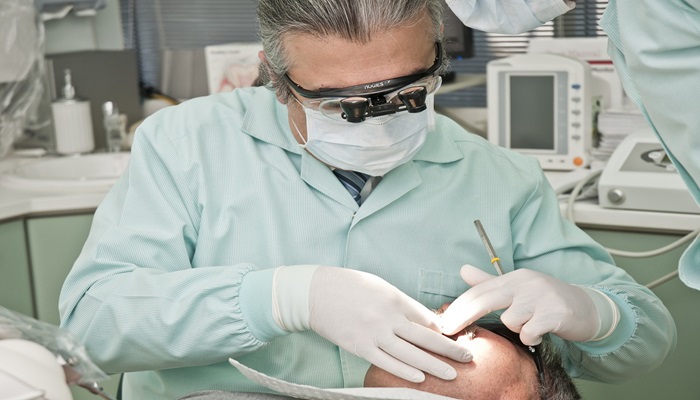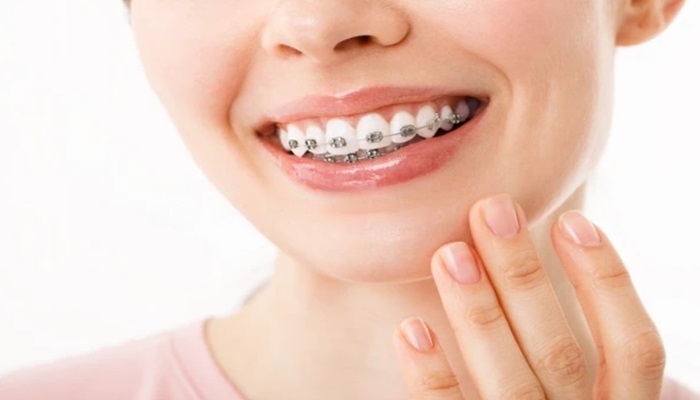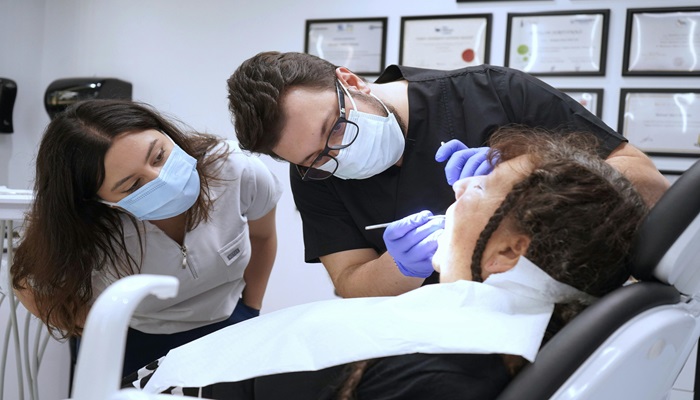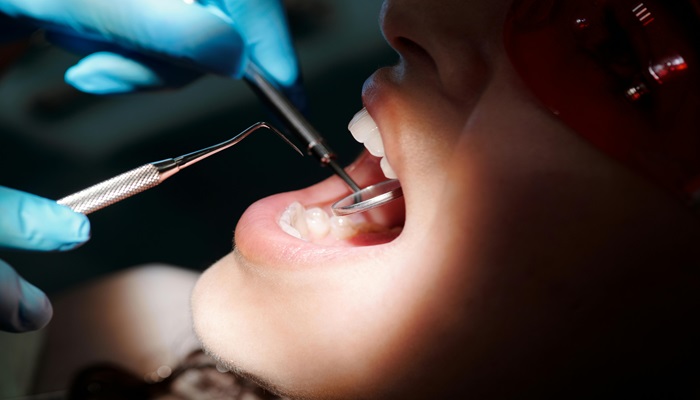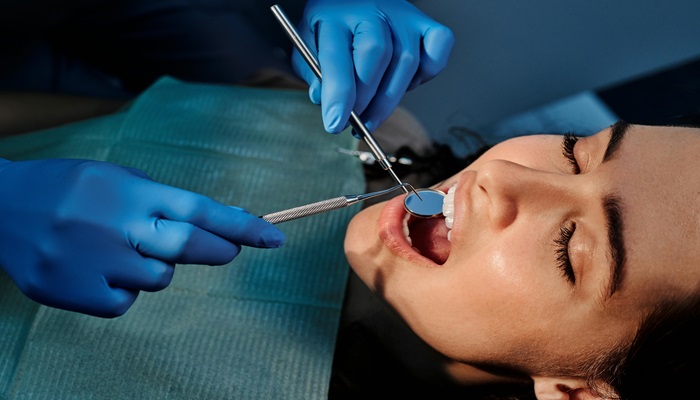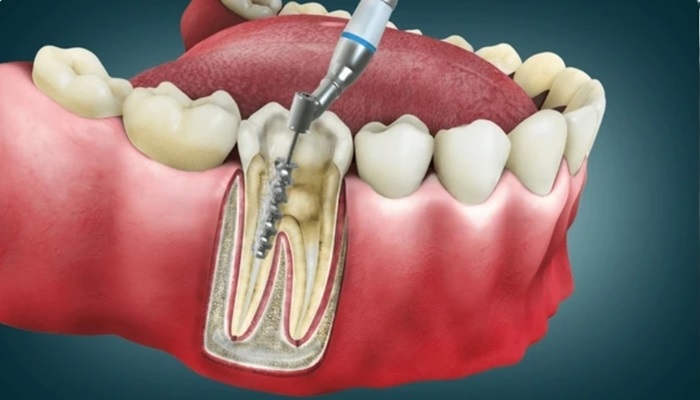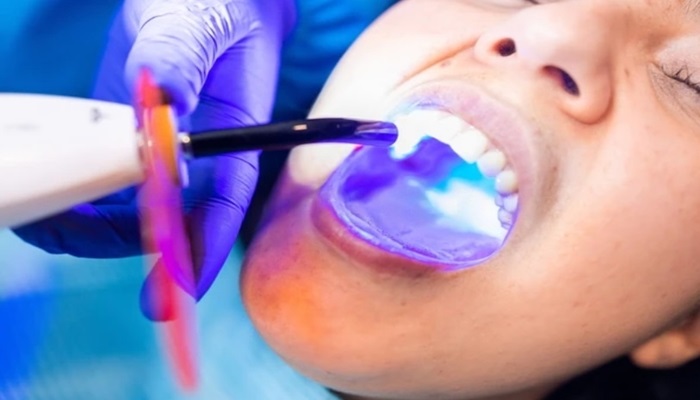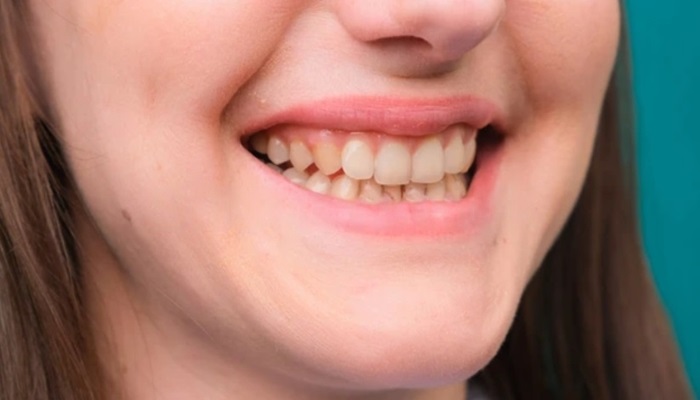“Does oil pulling whiten teeth?” is a question that has sparked curiosity among those exploring natural dental care alternatives. Oil pulling, an ancient Ayurvedic practice, involves swishing oil such as sesame oil or coconut oil in the mouth to purportedly improve oral hygiene and health. Among its claimed benefits, one of the most discussed is its potential to whiten teeth without the use of harsh chemicals or procedures. In this article, we delve into the science behind oil pulling and its effects on dental aesthetics. By examining studies and understanding the mechanisms involved, including its impact on bad breath, gum disease, and other aspects of oral health, we aim to uncover whether oil pulling can indeed deliver on its promise of a brighter smile naturally.
What is Oil Pulling?
Oil pulling is an ancient Ayurvedic practice that involves swishing oil in the mouth for a prolonged period, typically 15-20 minutes. This practice is believed to improve oral hygiene and overall health by “pulling” out toxins and harmful bacteria from the mouth. Originating in India thousands of years ago, oil pulling has gained popularity worldwide as a natural remedy for various oral and systemic health issues.
Commonly used oils include coconut oil, sesame oil, and sunflower oil. Each oil has its unique properties, but coconut oil is particularly popular due to its pleasant taste and additional health benefits. A tablespoon of oil is taken into the mouth and swished around thoroughly, ensuring it passes between the teeth and covers all areas of the mouth. This process typically lasts between 15 to 20 minutes. After swishing, the oil, which by now has become milky and thicker, is spat out into a trash can to avoid clogging drains. The mouth is then rinsed with water, and teeth are brushed as usual.
Studies have shown that oil pulling can reduce plaque formation and gingivitis, improving overall gum health. By reducing the number of harmful bacteria in the mouth, oil pulling helps combat bad breath. Regular oil pulling can reduce the presence of bacteria responsible for tooth decay, contributing to healthier teeth. Proponents claim that oil pulling helps remove toxins from the body, although scientific evidence supporting this is limited. The antibacterial properties of oils like coconut oil, which contains lauric acid, help maintain a cleaner oral environment.
While oil pulling has been supported by anecdotal evidence and traditional practices, scientific research on its effectiveness is still limited and mixed. Some studies have demonstrated benefits in reducing harmful bacteria and improving oral health, but more rigorous, long-term studies are needed to confirm these findings comprehensively.
Start with a tablespoon of organic coconut oil, sesame oil, or sunflower oil. Incorporate oil pulling into your morning routine before eating or drinking. Swish the oil gently around your mouth for 15-20 minutes. Spit out the oil and rinse your mouth with warm water. Follow up with regular brushing and flossing to ensure complete oral care.
Oil pulling is a simple, natural practice that can be easily integrated into your daily oral hygiene routine. While it may offer several benefits, it’s essential to continue practicing standard oral care habits and consult with a dentist for any dental health concerns.
Does Oil Pulling Whiten Teeth?
The question of whether oil pulling can whiten teeth has gained considerable attention in natural health circles. Proponents suggest that swishing oil in the mouth can remove surface stains and contribute to a brighter smile. Advocates of oil pulling often cite its purported ability to enhance oral hygiene and reduce plaque buildup, which can indirectly contribute to a cleaner appearance of teeth.
However, the scientific evidence supporting the teeth-whitening effects of oil pulling is limited and conflicting. While some studies suggest potential benefits, such as a reduction in plaque and harmful bacteria that contribute to discoloration, others have not found significant whitening effects compared to traditional whitening methods. A systematic review of available research indicates that more rigorous studies are needed to draw definitive conclusions.
It’s important to note that the effectiveness of oil pulling in whitening teeth may vary among individuals and depends on factors such as the type of oil used, the duration of swishing, and overall oral care routine. Oils like coconut oil contain lauric acid, which has antibacterial properties that may help in maintaining a cleaner oral environment, but the extent to which oil pulling can remove deeper stains or change the intrinsic color of teeth remains uncertain.
While oil pulling shows promise as a natural dental hygiene practice, its specific effectiveness in whitening teeth requires further research. Those considering oil pulling for dental aesthetics should approach it as a complementary rather than a definitive whitening treatment. Regular brushing and good oral hygiene practices remain essential for maintaining dental health and achieving a brighter smile.
The Truth About Teeth Whitening
When exploring natural methods like oil pulling for teeth whitening, it’s essential to compare their efficacy to conventional whitening treatments. While enthusiasts suggest that oil pulling can help remove surface stains and promote oral health, the reality is nuanced.
- Effectiveness: Scientific studies on oil pulling’s teeth-whitening effects are inconclusive. While some suggest it may reduce dental plaque and superficial stains, it’s generally not considered as effective as professional whitening treatments or over-the-counter products containing peroxide. For those seeking significantly whiter teeth, professional methods are usually recommended.
- Safety: Oil pulling is generally safe when performed correctly with edible oils like virgin coconut oil. However, there are potential risks, such as aspiration of oil or irritation if done improperly. The American Dental Association advises consulting with a dentist, especially for individuals with existing dental conditions or concerns, to avoid any adverse effects.
- Long-term Results: For long-lasting whitening effects, traditional methods like professional dental bleaching or whitening strips are typically more effective. These treatments penetrate deeper into the enamel to change tooth color more significantly.
In the context of “does oil pulling whiten teeth,” it’s crucial to manage expectations. While oil pulling may contribute to fresher breath and superficial stain removal, its role in achieving dramatic teeth whitening results is limited. Individuals seeking noticeable whitening should consider consulting a dental professional for personalized advice and treatment options.
Incorporating oil pulling into a holistic approach to oral care can complement regular dental hygiene practices, but it should not replace professional treatments for those looking for significant cosmetic improvements.
Conclusion
In conclusion, the question “does oil pulling whiten teeth?” remains a topic of debate within the realm of natural dental care. Advocates suggest that oil pulling, through its antibacterial properties and purported ability to reduce plaque, may contribute to a brighter smile by removing surface stains over time. However, scientific evidence supporting its specific effectiveness in teeth whitening is limited and inconclusive.
While oil pulling can be a beneficial addition to oral hygiene routines, particularly for its potential to promote gum health and reduce oral bacteria, individuals seeking significant teeth whitening results may find more reliable outcomes with professional dental treatments. These treatments are designed to target deeper stains and alter tooth color more noticeably, offering a quicker and more predictable path to achieving a whiter smile.
For those interested in natural oral care practices, incorporating oil pulling into a comprehensive dental hygiene routine can complement traditional brushing, flossing, and regular dental visits. However, for substantial changes in tooth color, consultation with a dental professional is recommended to explore suitable whitening options tailored to individual needs and expectations.
At Grove Dental Clinic in Falls Church, VA, we’re dedicated to helping our patients achieve optimal oral health year-round.
Schedule your expert consultation at Grove Dental Clinic in Falls Church, VA today! Call (703) 578-0000 to book your appointment now!



